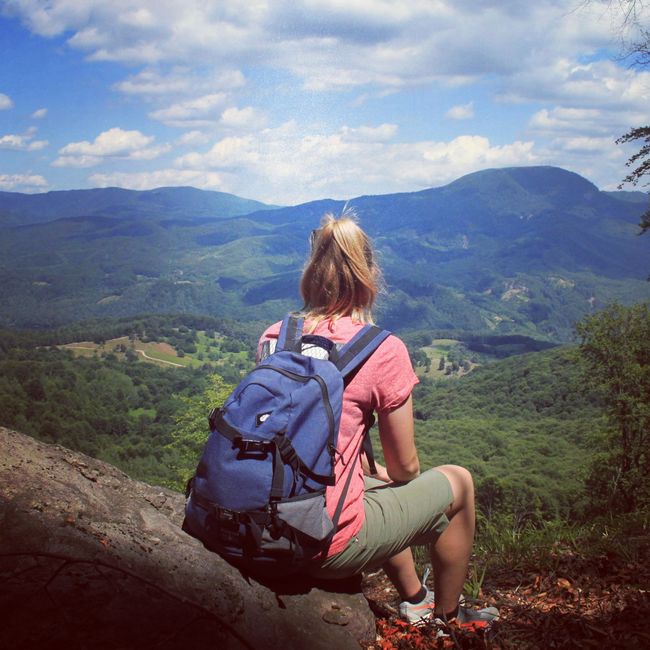Between Europe and Asia: Istanbul
Опубліковано: 04.09.2019
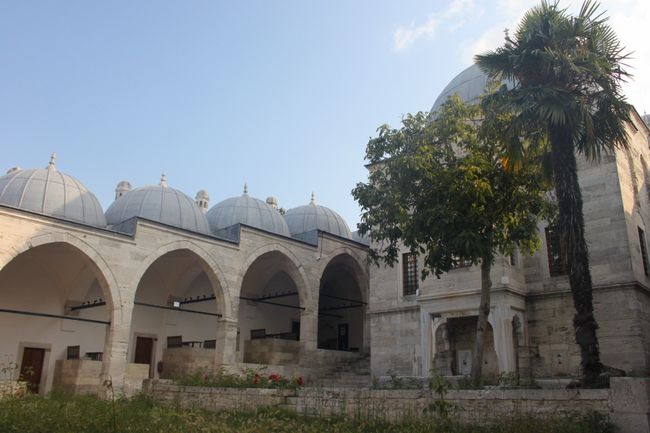
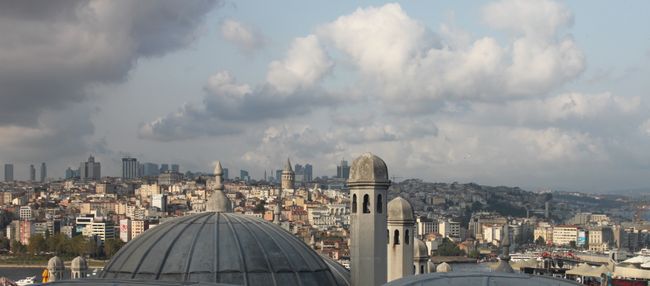
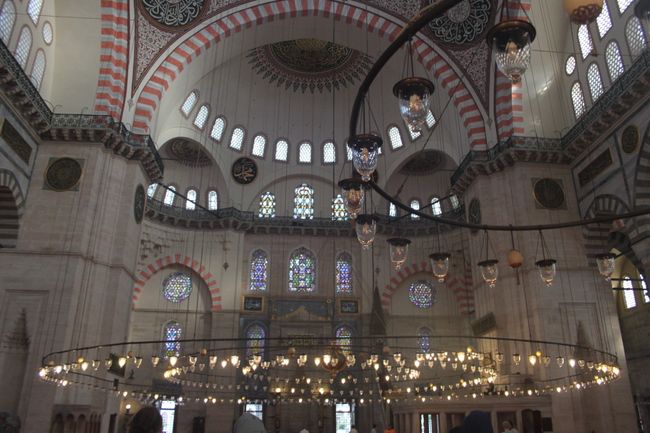
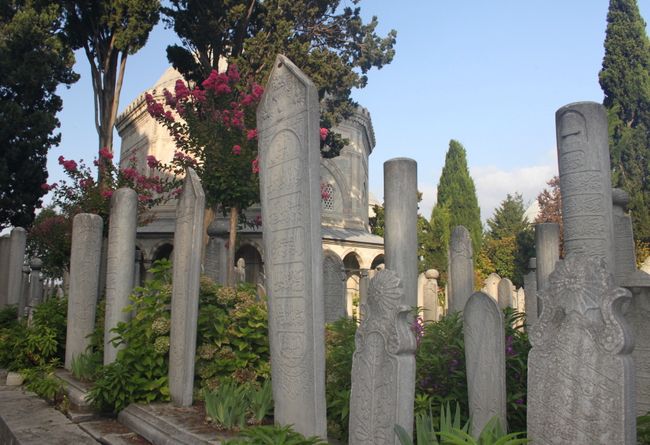
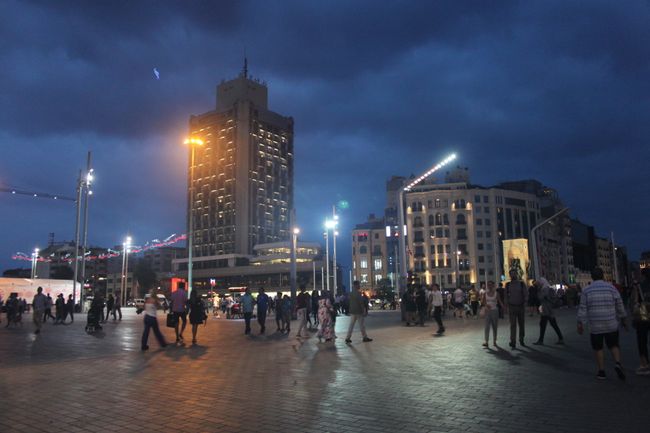
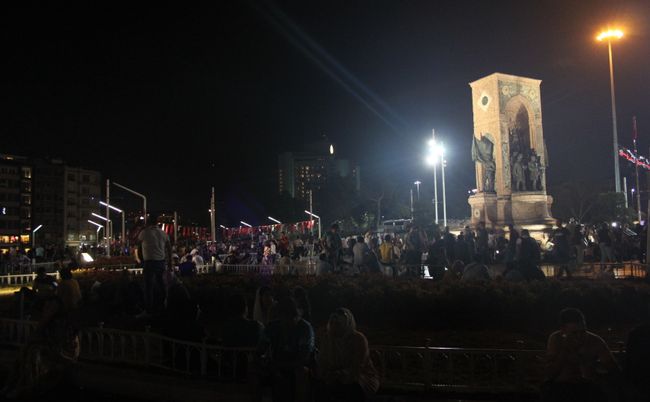
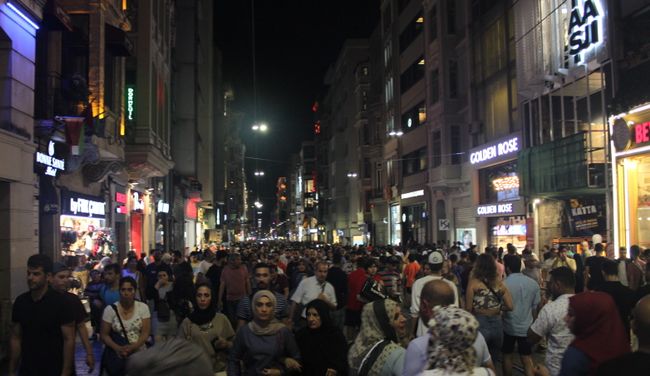
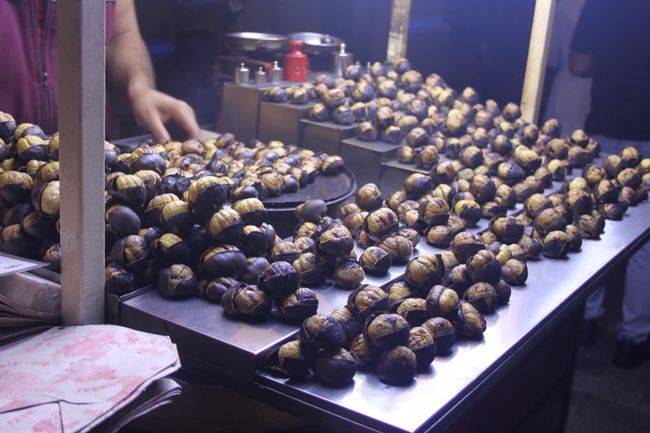
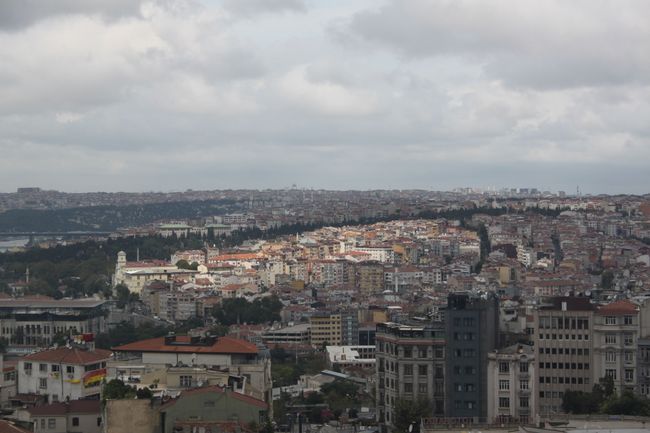
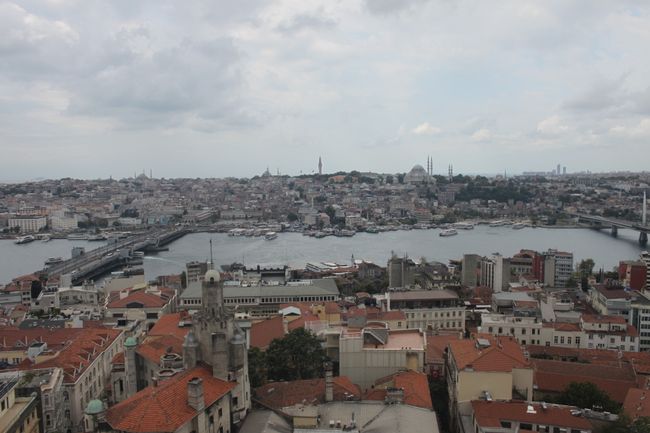
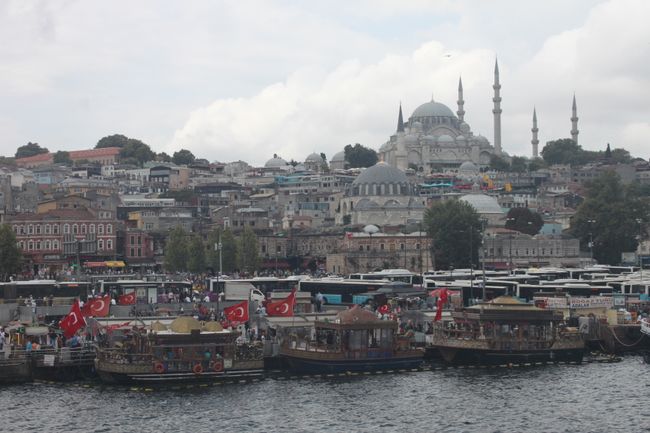
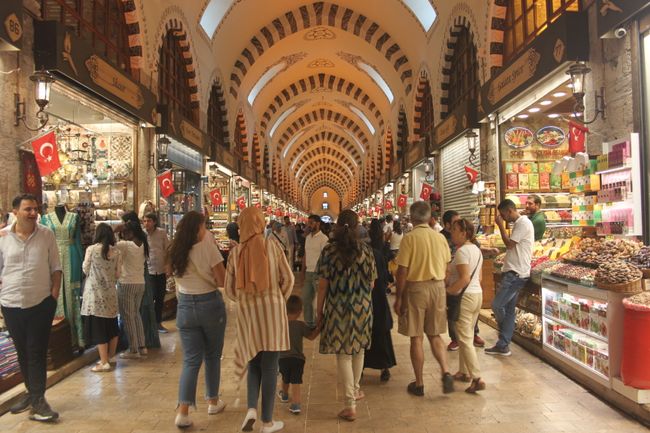
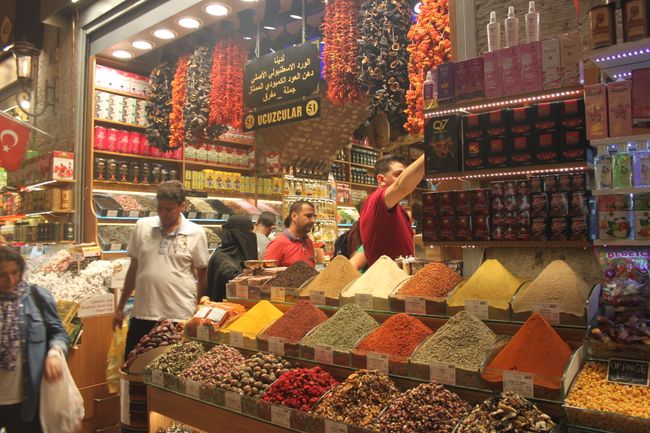
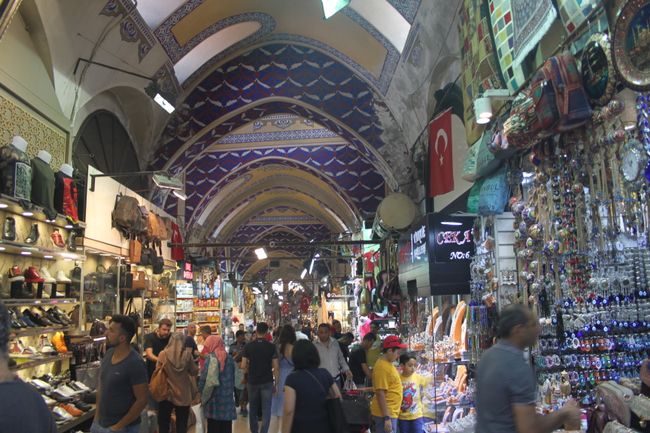
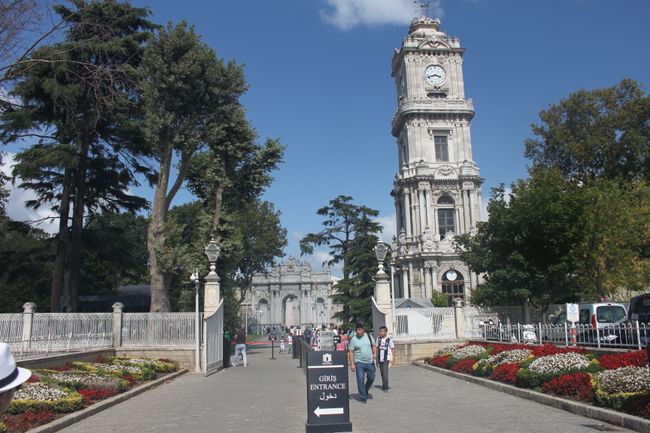
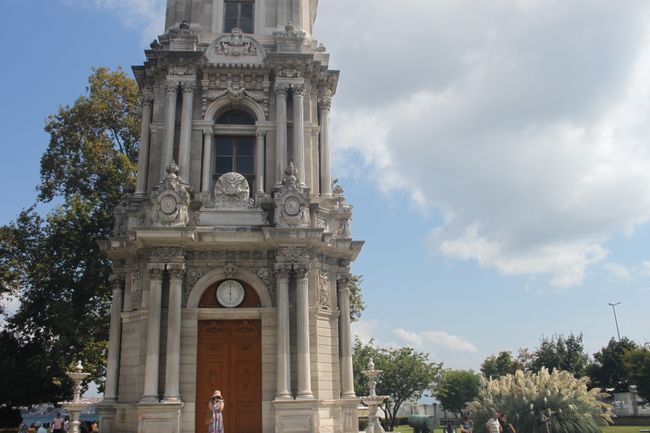
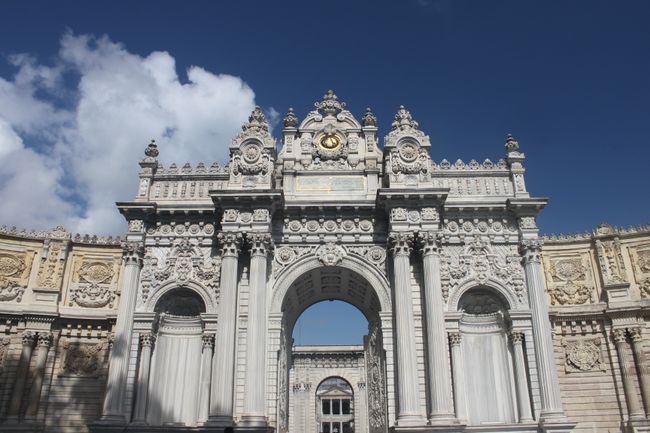
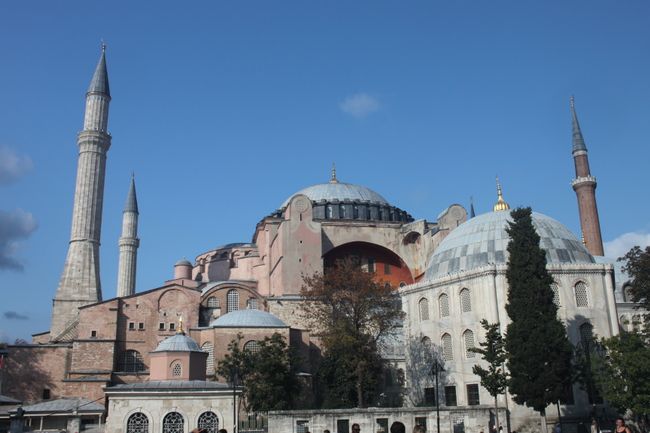
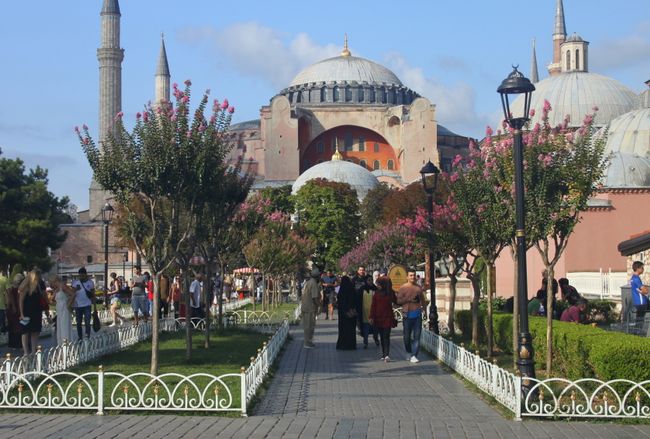
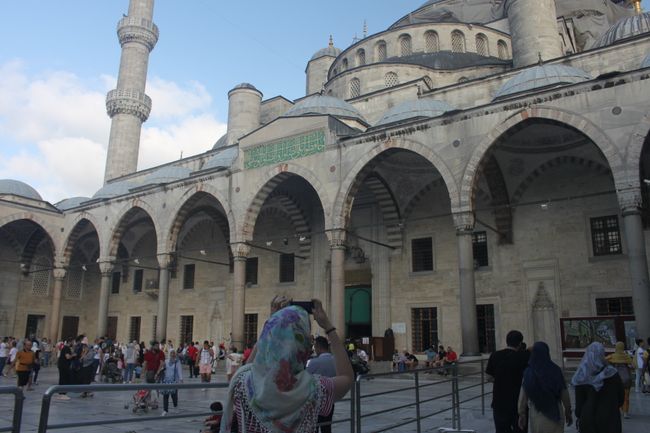
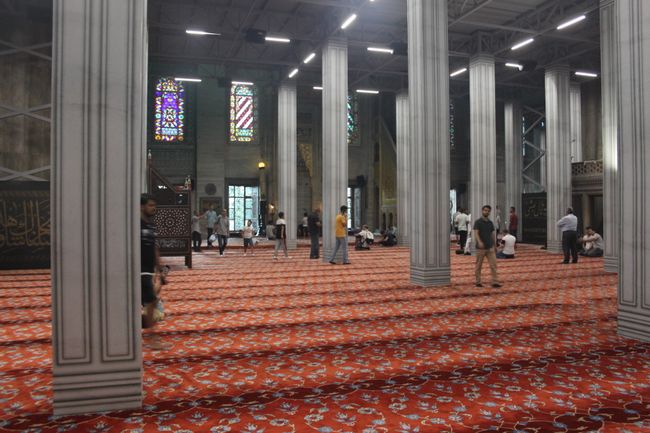
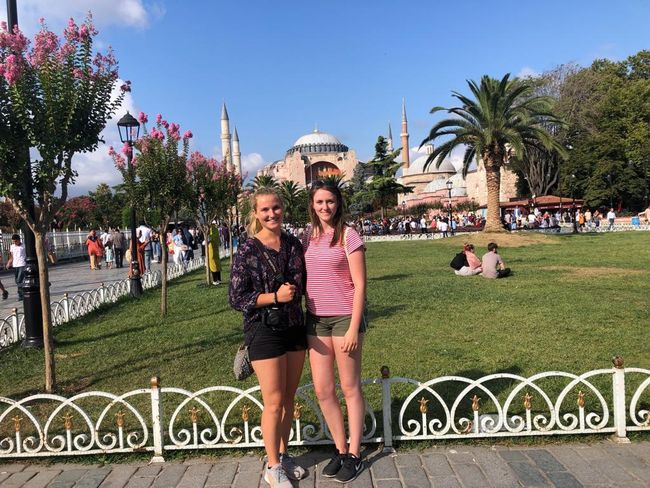
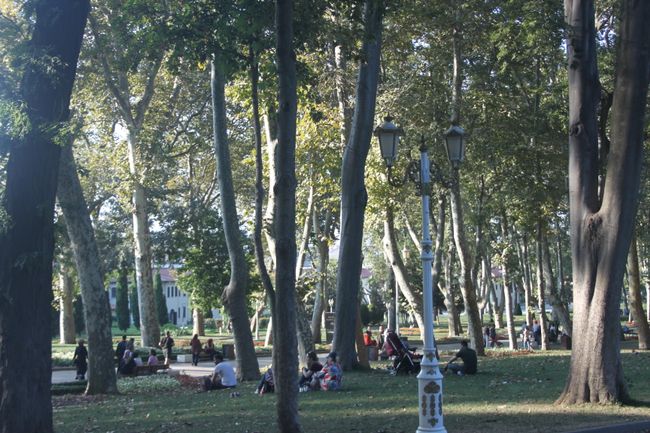
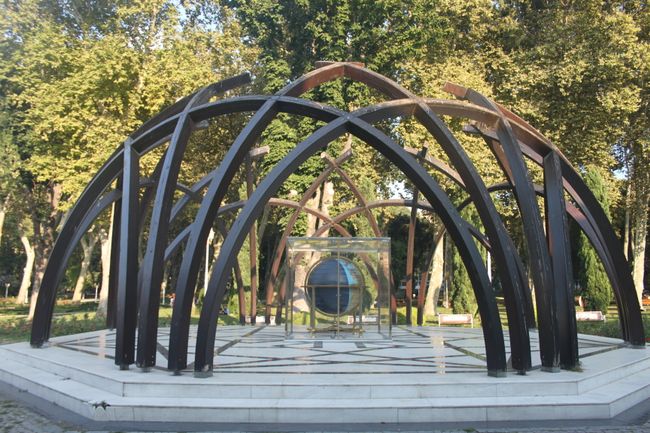
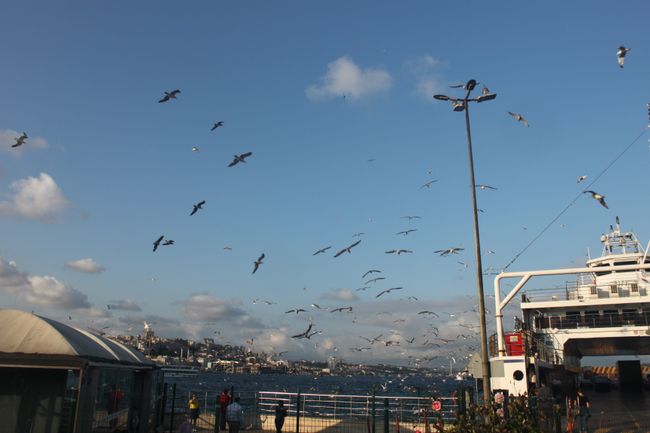
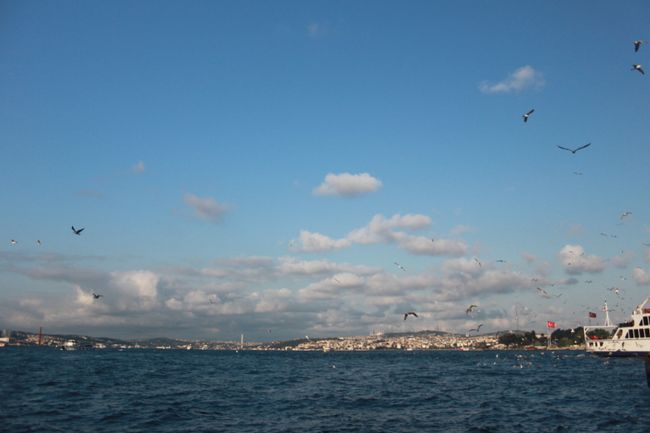
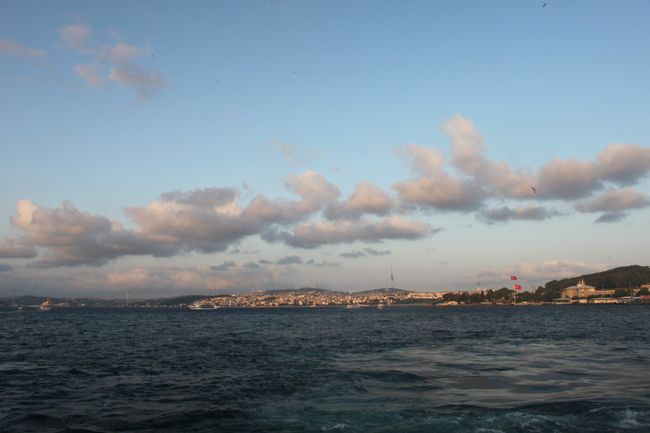
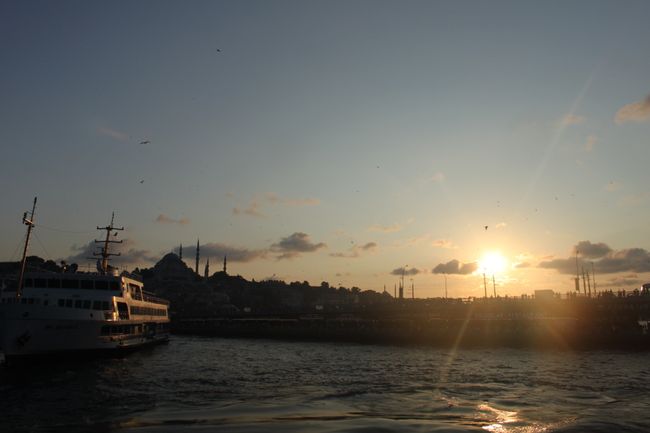
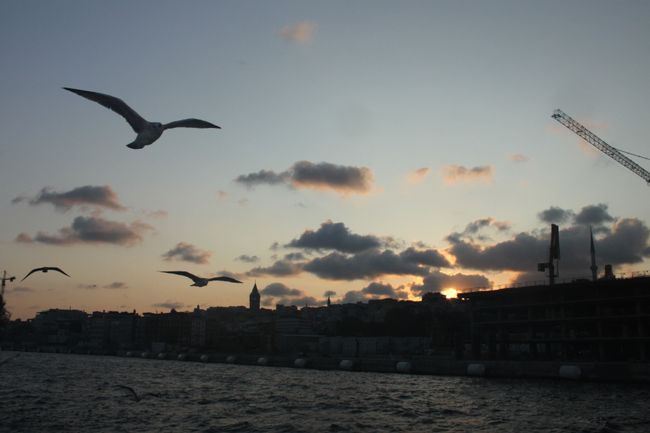
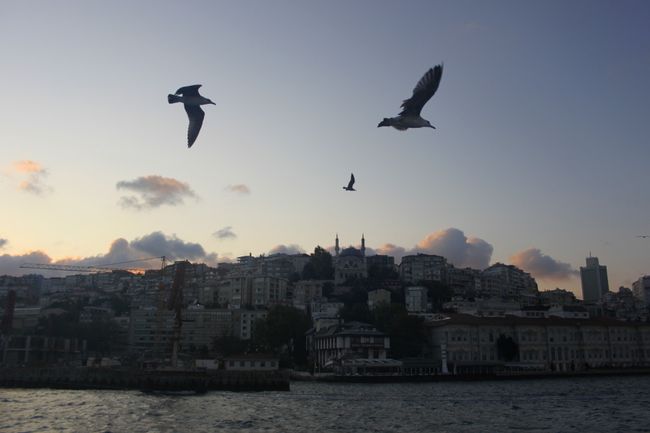
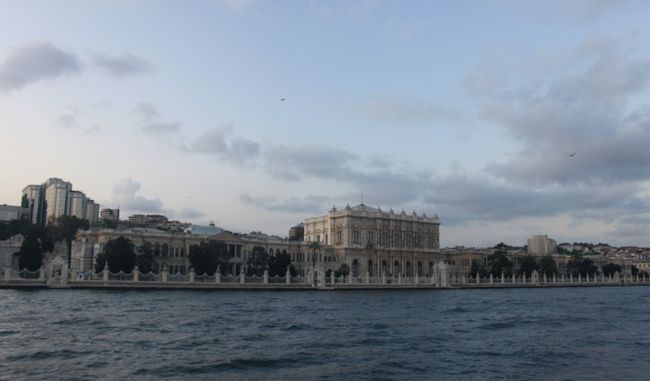
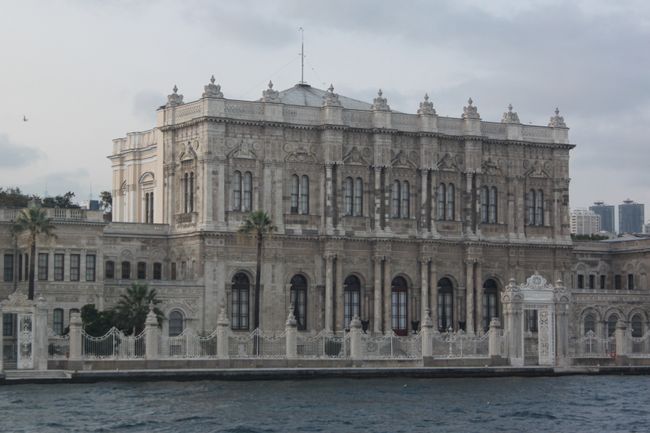
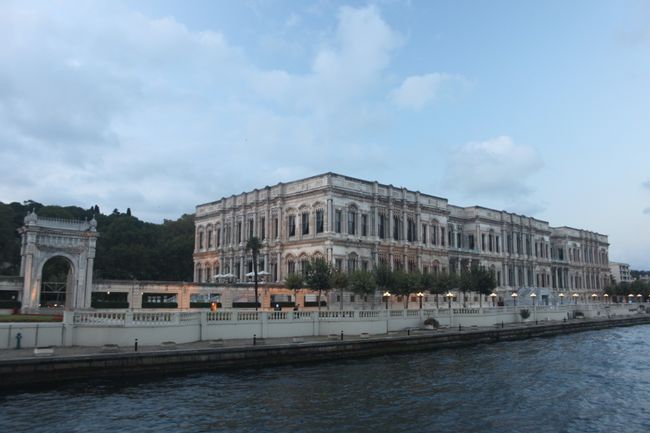
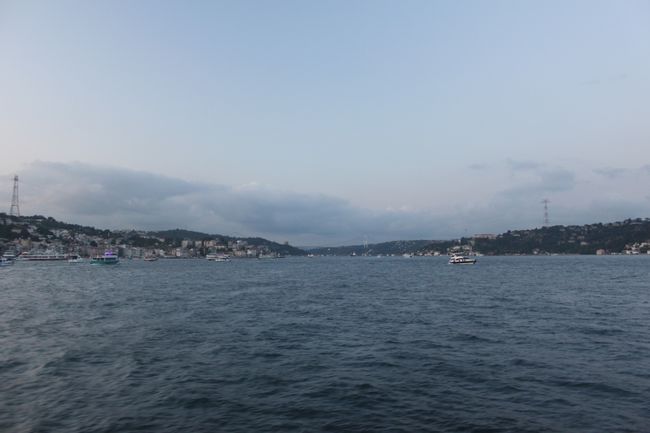
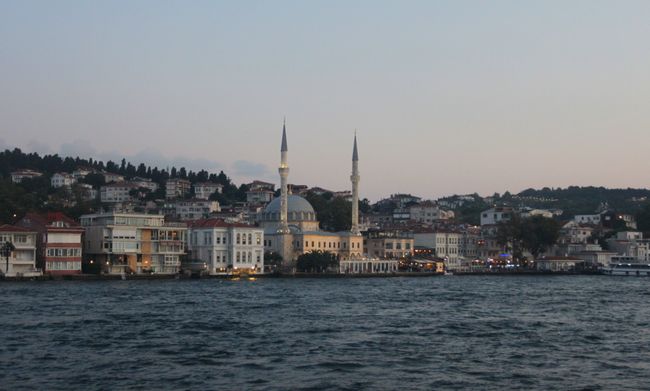
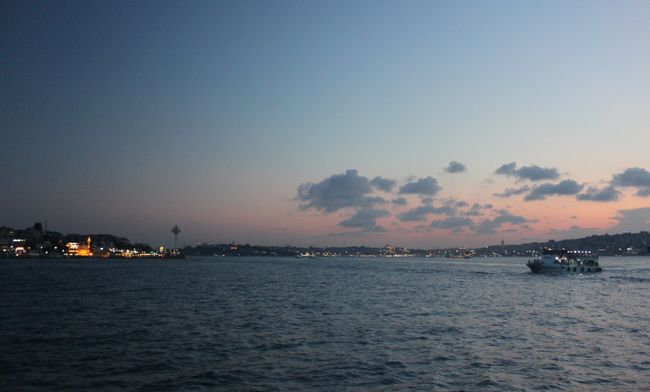
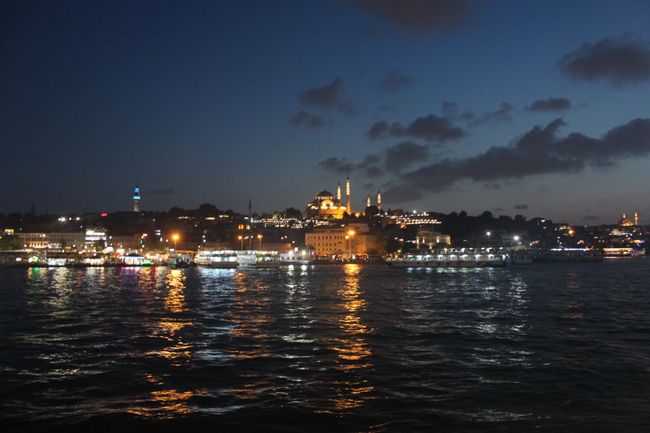
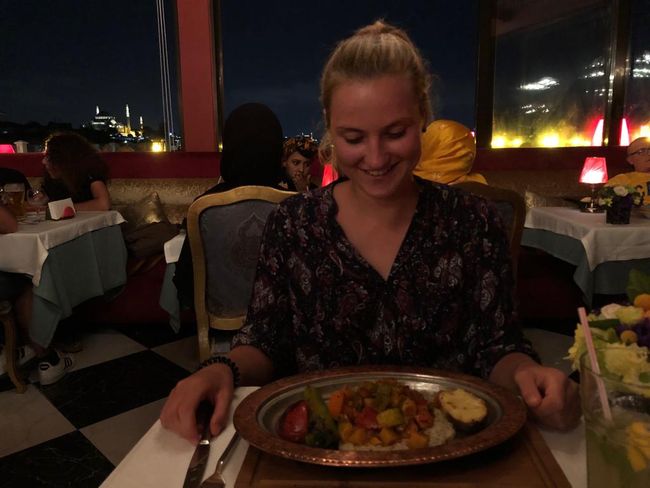
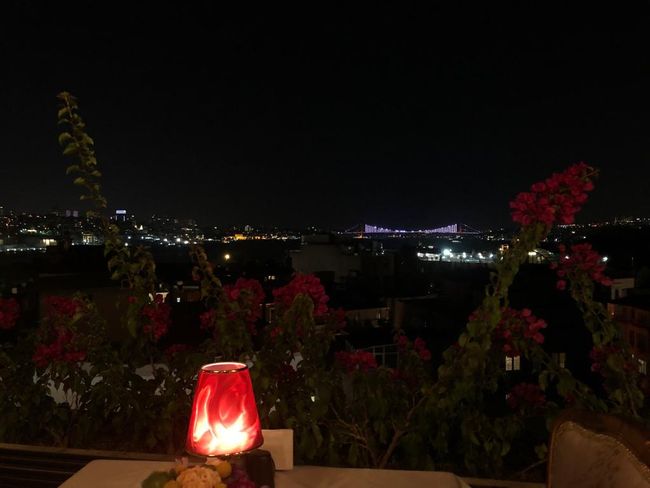
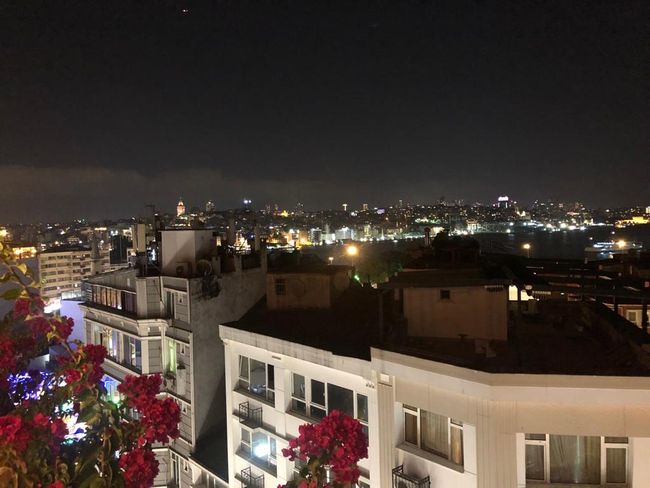
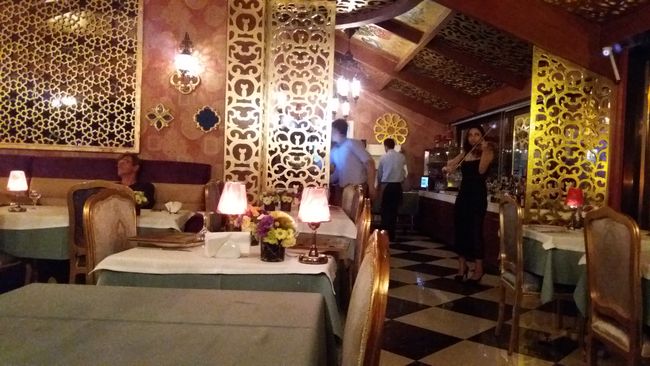
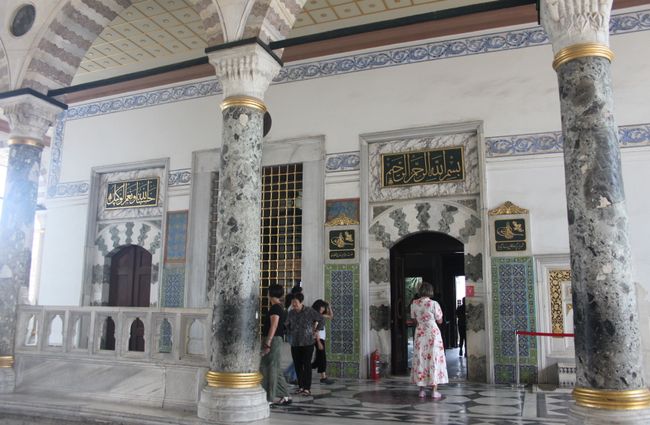
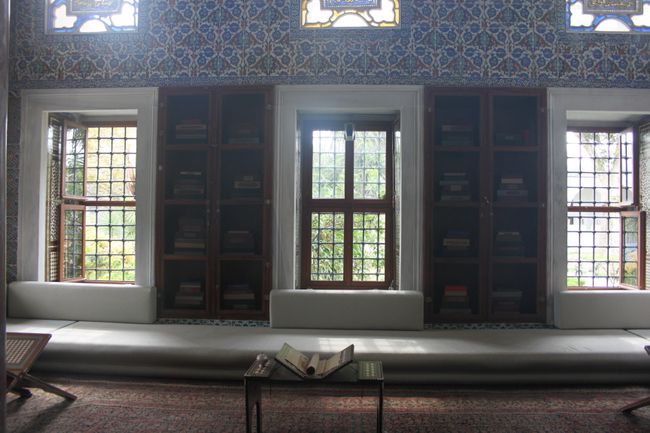
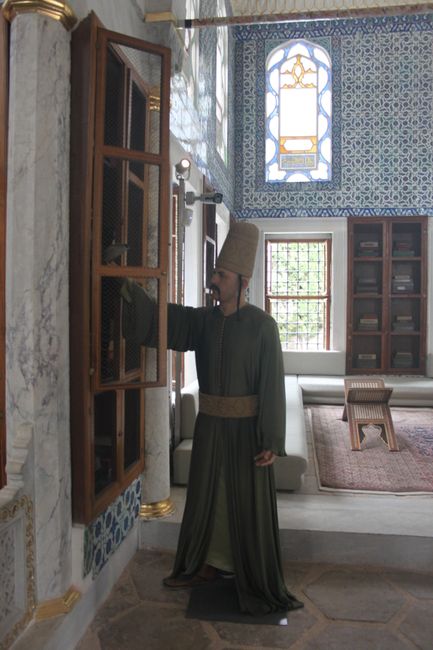
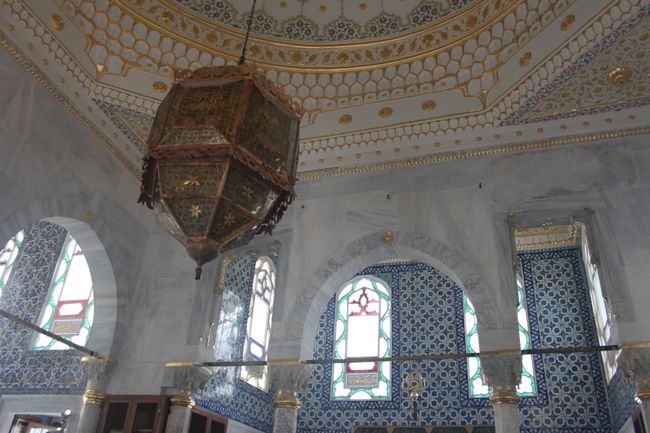
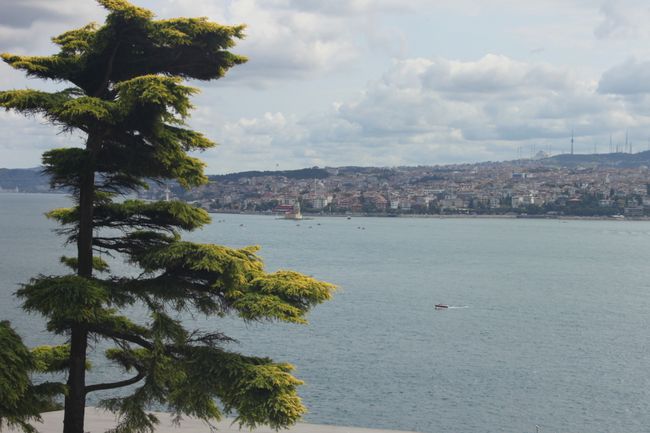
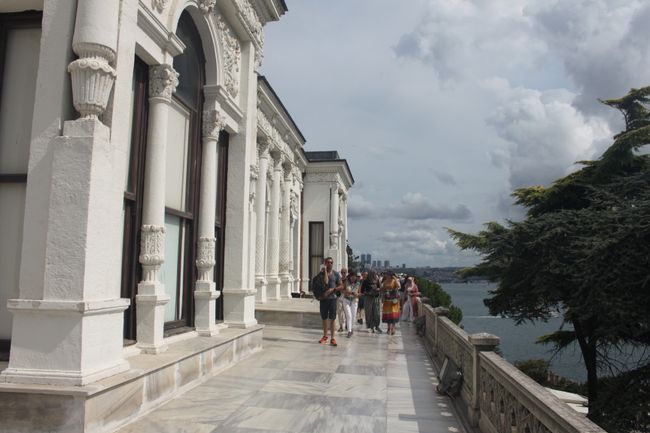
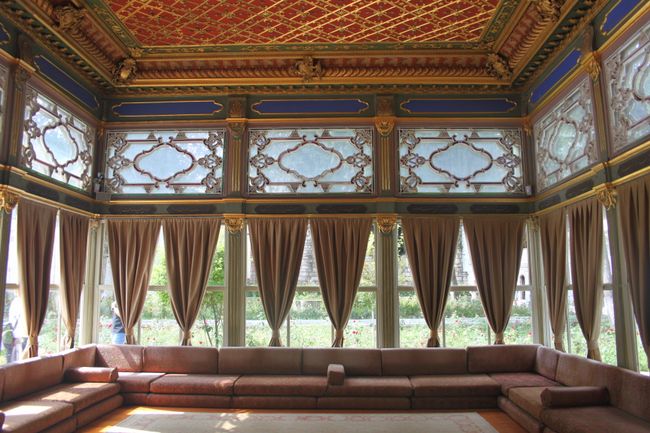
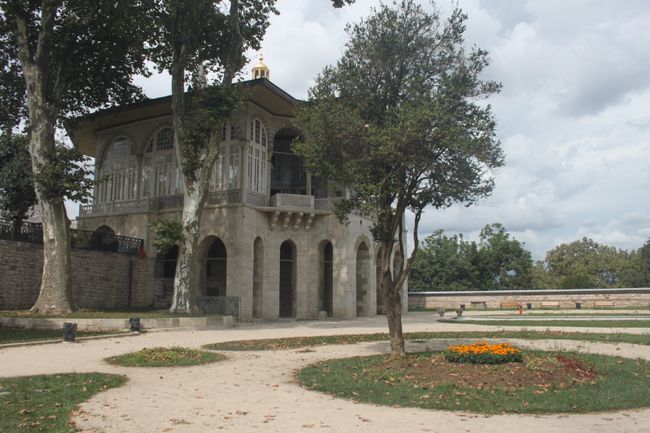
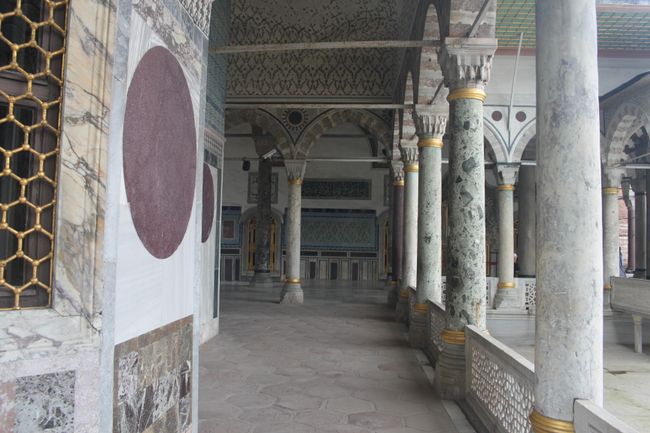
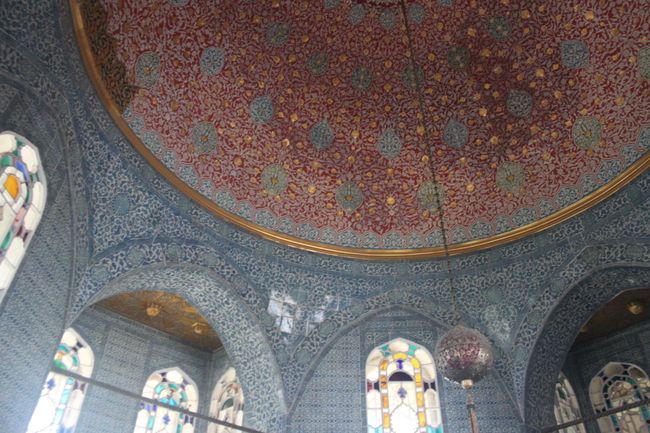
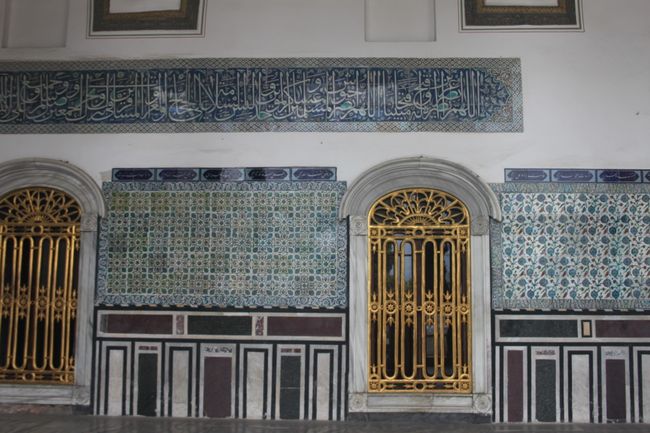
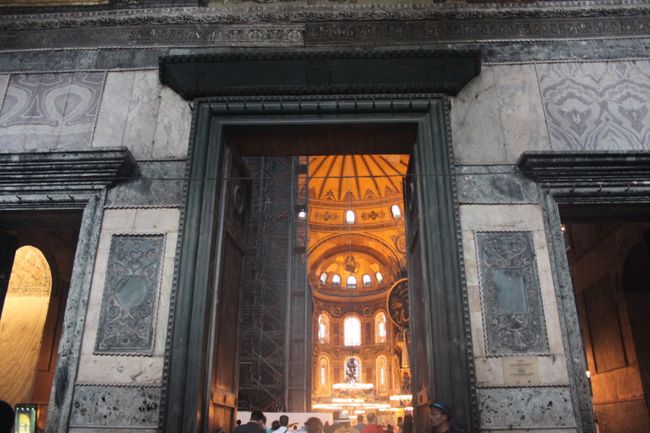
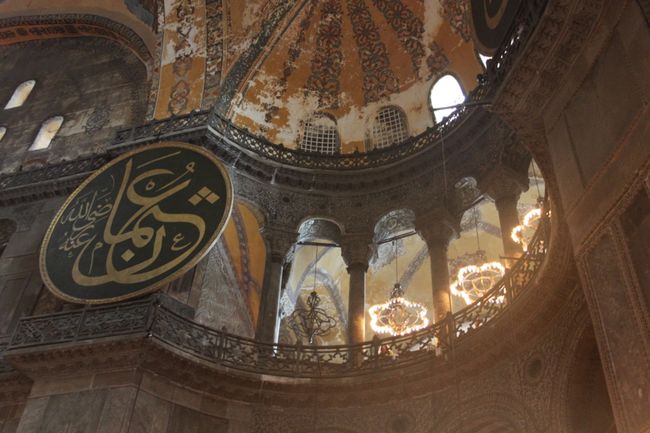
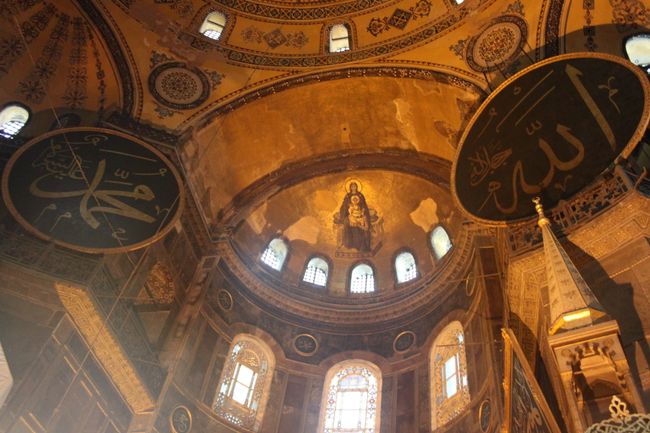
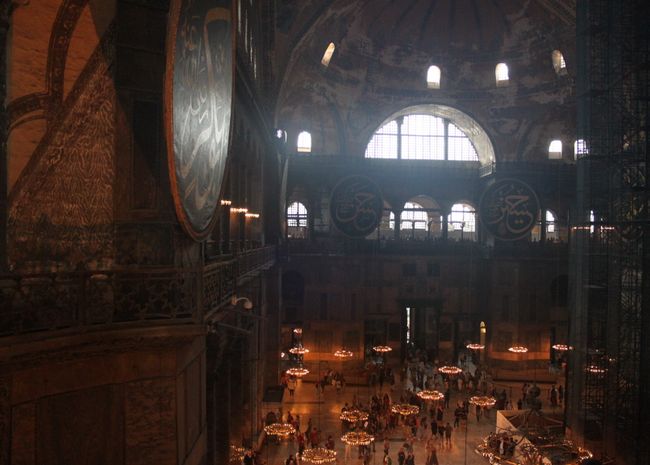
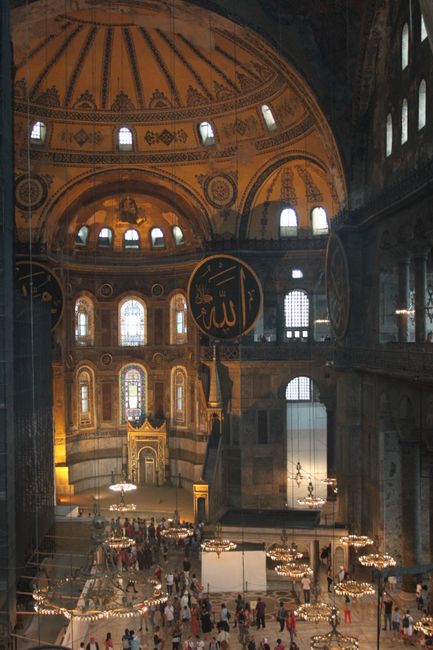
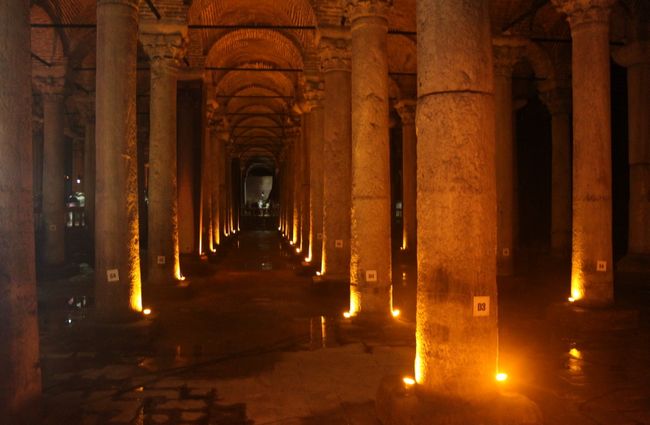
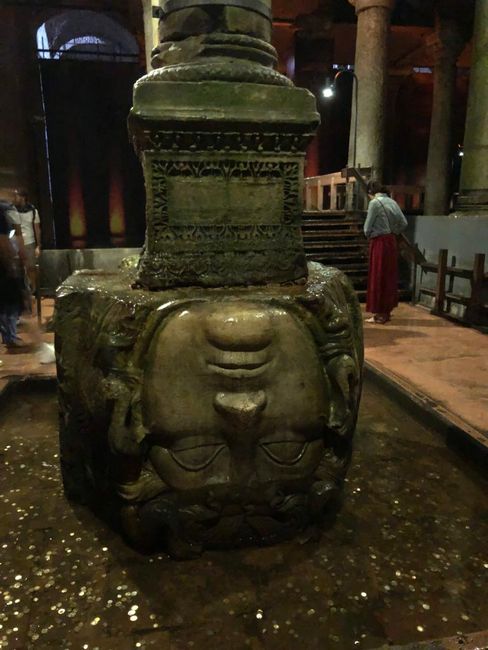
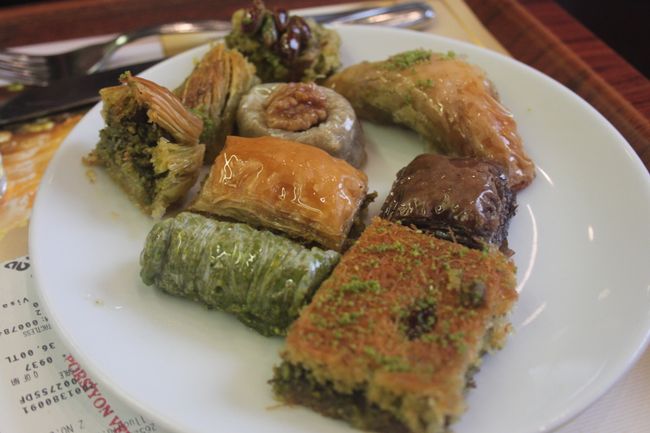
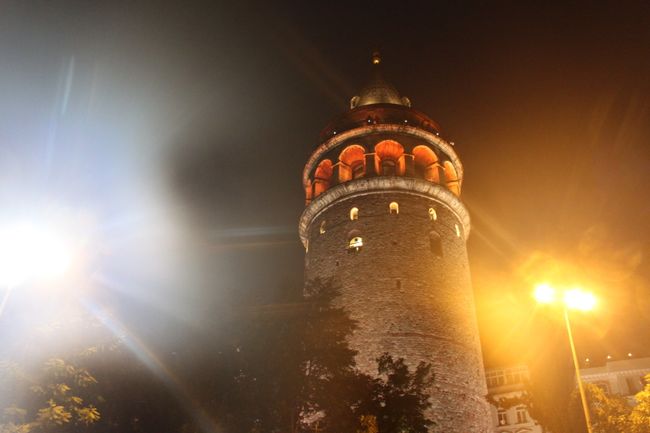
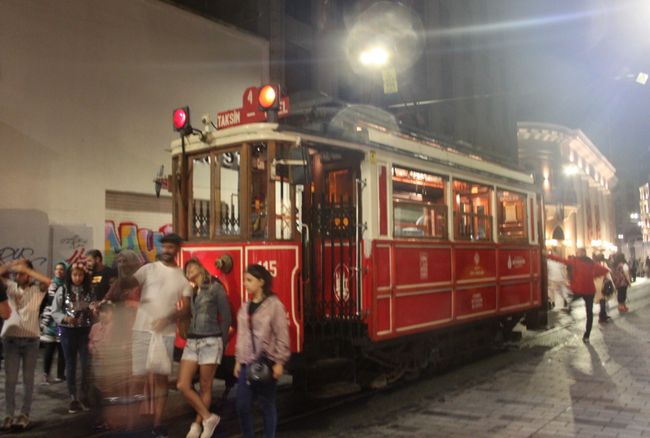
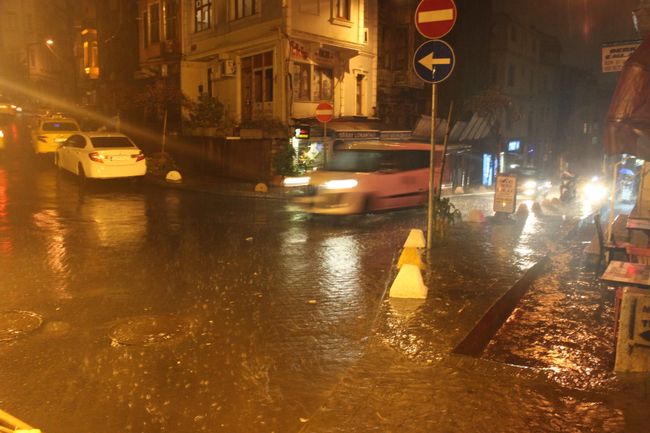
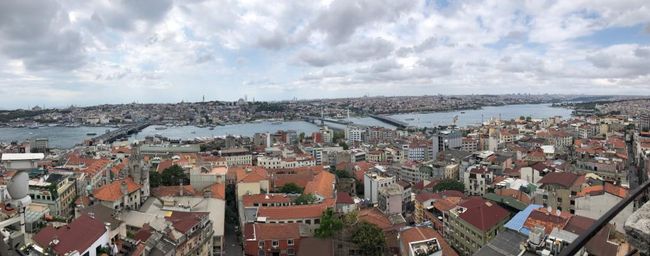

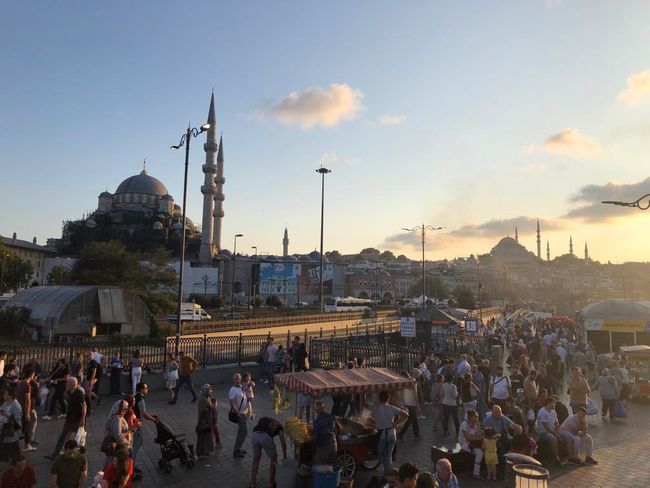
Підписатися на Розсилку
After Plovdiv, I continued to Istanbul by night bus, a city that is overwhelming, exciting, but above all, loud and crowded with people. Istanbul is the most populous city in Turkey and the center for culture, trade, finance, and media. Founded in 660 BC under the name Byzantion, the city served as the capital of the Roman, Byzantine, and Ottoman empires for over 1000 years. As the seat of the Ecumenical Patriarch and the Ottoman Caliphate until 1924, Istanbul was also a significant center of Orthodox Christianity and Sunni Islam for centuries.
After an adventurous journey, I arrived at my accommodation in the morning. There, I had to wait for a few hours before I could check in. In the meantime, I explored the area and had breakfast. After settling in and resting in the apartment, I visited the Süleymaniye Mosque and the adjacent 'Alliance of Civilizations Institute' of the 'Ibn Haldun University'. During the bus ride to Istanbul, I met a local staff member who showed me the institute, the mosque, and the surrounding area. In the evening, I picked up Saskia, a school friend from Germany, from Taksim Square. We walked through the busy shopping streets there and had dinner at a small restaurant.
The next day, we went to the Galata Tower in the morning. From there, we had a fantastic 360-degree view of Istanbul. Then we walked through the narrow alleyways across the Galata Bridge to the Spice Market and the Grand Bazaar, which is like a labyrinth of shopping streets. After that, we took the tram to the Dolmabahçe Palace, which we only visited from the outside. The palace was the residence of the sultans from 1856 and was accordingly magnificent. After a lunch break, we visited the Sultan Ahmed Mosque, also known as the Blue Mosque in Europe. After the secularization of the Hagia Sophia, the Sultan Ahmed Mosque is now Istanbul's main mosque and a major work of Ottoman architecture. Impressed by the mosque and the surrounding area, we walked through the Gülhane Park, which, compared to the crowds and noisy and crowded streets in the rest of the city, seemed like a peaceful oasis. We admired the sunset and Istanbul's night skyline from a boat. As a grand finale of the day, we had dinner at a rooftop restaurant with live music and a wonderful view of Istanbul.
On the third day, we went to the Topkapi Palace, which was the residence and government seat of the sultans for centuries and the administrative center of the Ottoman Empire. The palace consists of several buildings in a large garden and with an area of over 69 hectares and up to 5000 residents, it was like its own city. Unfortunately, it started pouring rain and thundering just before we were about to leave, so we ended up spending almost two hours longer in the palace than planned. Istanbul didn't seem to be well-prepared for bad weather, as after some time, the power in the entire palace was turned off, and the city in general seemed to be in a small state of emergency. Nevertheless, we had another conversation with a local Turkish resident who told us a lot about the palace and later accompanied us to the Hagia Sophia. When the rain subsided, we visited the Hagia Sophia, a former Byzantine church built from 532 to 537 AD, which later became a mosque and is now used as a museum. It is the last of the late antique large churches that were built in the Roman Empire since Constantine the Great and is often considered a church without precedents and without imitation in its architectural uniqueness. The dome of the Hagia Sophia, originally spanning 33 meters, remains to this day the largest brick dome in architectural history supported by only four points of support and is considered one of the most significant buildings of all time due to its gigantic execution and its special harmony and proportions. Lastly, we visited the Basilica Cistern, also known as the Sunken Palace. The cistern was built by Emperor Justinian between 532 and about 542 as a water reservoir for the Great Palace. It also plays a significant role in many famous films such as 'Inferno' or the James Bond film 'From Russia with Love', as well as in literature. After that, we went to Istanbul's best dessert shop: Karaköy Güllüoğlu. There, we were in 'Baklava heaven' and tried various Turkish desserts. In the evening, we had dinner at an Italian restaurant at the Galata Tower before taking the bus to Izmir the next day.
Підписатися на Розсилку
Відповідь

